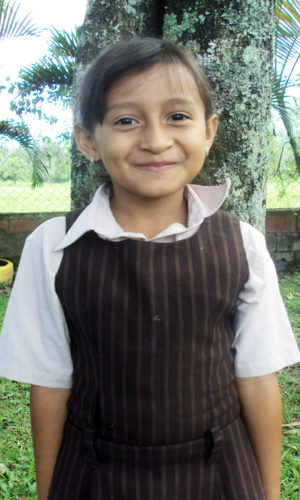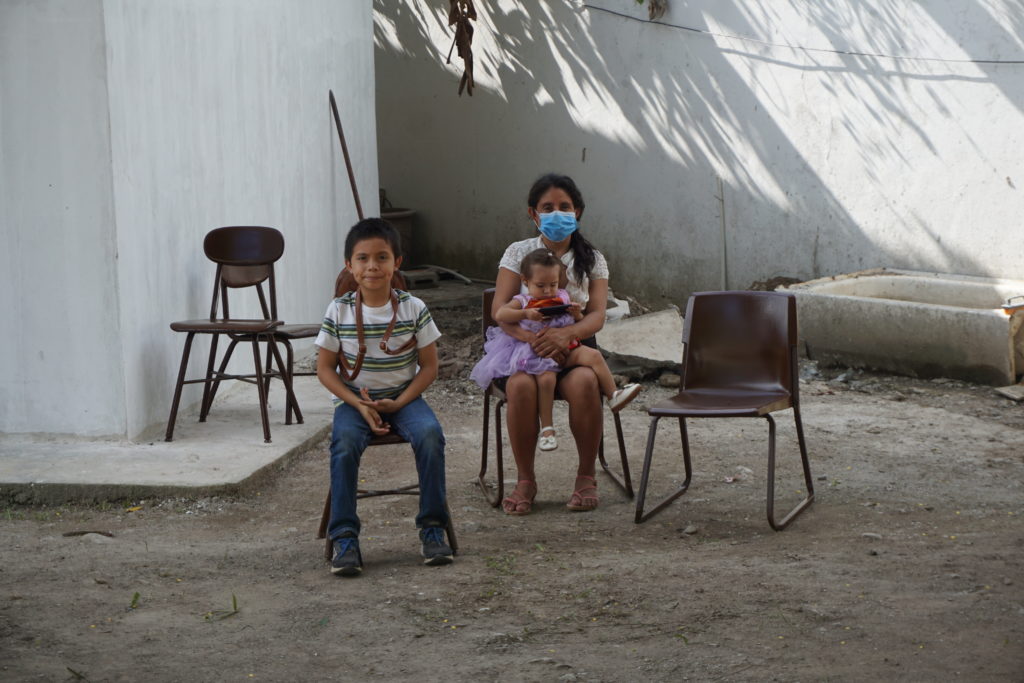Nestled in northern Central America, Honduras was once home to several Mesoamerican peoples — most notably, the Maya. This ecologically diverse land — with its rainforests, cloud forests, savannas, mountain ranges and a barrier reef system off the northern coast — teems with life. Its wealth of natural resources is equally impressive, including a variety of minable minerals as well as agricultural exports such as coffee, tropical fruit, sugar cane and lumber.

In Honduras, schools are often overcrowded which causes children’s’ education to suffer.
Moreover, Honduras’ growing textile industry serves an international market. The nation’s wealth of natural beauty and resources, however, belies the dire poverty in which its people live — Honduras holds the unfortunate distinction of being one of the poorest nations in Latin America.
This is due, in part, to its longstanding political instability, social strife and economic issues such as fluctuating export prices, rising inflation and unemployment. Other factors contributing to the nation’s high poverty rate include frequent natural disasters, disease and inadequate education, resulting in a high rate of illiteracy.
The town of Sigueatepeuque
In the quaint, rural town of Siguatepeque — where our affiliated project the Siguatepeque Primary School is located — unskilled workers like the parents of our sponsored children receive a wage of only a few dollars a day. The poorest residents subsist on a daily diet of beans and corn, which only propagates the widespread malnutrition among children.
In 1970, a local church group recognized the dire need for education among the town’s most impoverished children and established the Siguatepeque Primary School. Today, the school is run by the Lutheran Church and — along with our sponsorship program — provides for children’s most basic, immediate needs while offering a comfortable place in which to receive an education without concerns about overcrowded classrooms.
The issue of overcrowding
Children need and deserve room to grow and learn within their school setting, but parents who can’t afford school fees or tuition have no choice about what school their children attend.
Overcrowded classrooms are a problem in many public schools across the world. Overcrowding negatively affects students and teachers.
Teachers’ morale is low when their classrooms are overcrowded. They find their work environment to be stressful and have a hard time focusing on appropriate lesson planning and teaching techniques. Also, crowded rooms often mean that students can’t concentrate because of their proximity to classmates, meaning they miss valuable lessons because they are distracted by chatter.
Often, cramped classrooms lead to a drop in grades for students because they don’t receive one-on-one attention from instructors or have access to proper school supplies, textbooks or technologies that help with learning.
Sponsorship to the rescue
Children need and deserve room to grow and learn within their school setting, but parents who can’t afford school fees or tuition have no choice about what school their children attend.
Thanks to Children Incorporated sponsors, families do have a choice. Instead of sending their children to overcrowded public schools in Siguatepeque, they can send them to the Siguatepeque school where teachers can give special attention to students who already face plenty of challenges getting ahead in life.
With a lower attendance, a quality education can be guaranteed for some of the most underprivileged children in Honduras, giving them the opportunity they deserve to succeed.
***
How do I sponsor a child in Honduras?
You can sponsor a child in Honduras in one of three ways: call our office at 1-800-538-5381 and speak with one of our staff members; email us at sponsorship@children-inc.org; or go online to our sponsorship portal, create an account, and search for a child in Honduras that is available for sponsorship.

